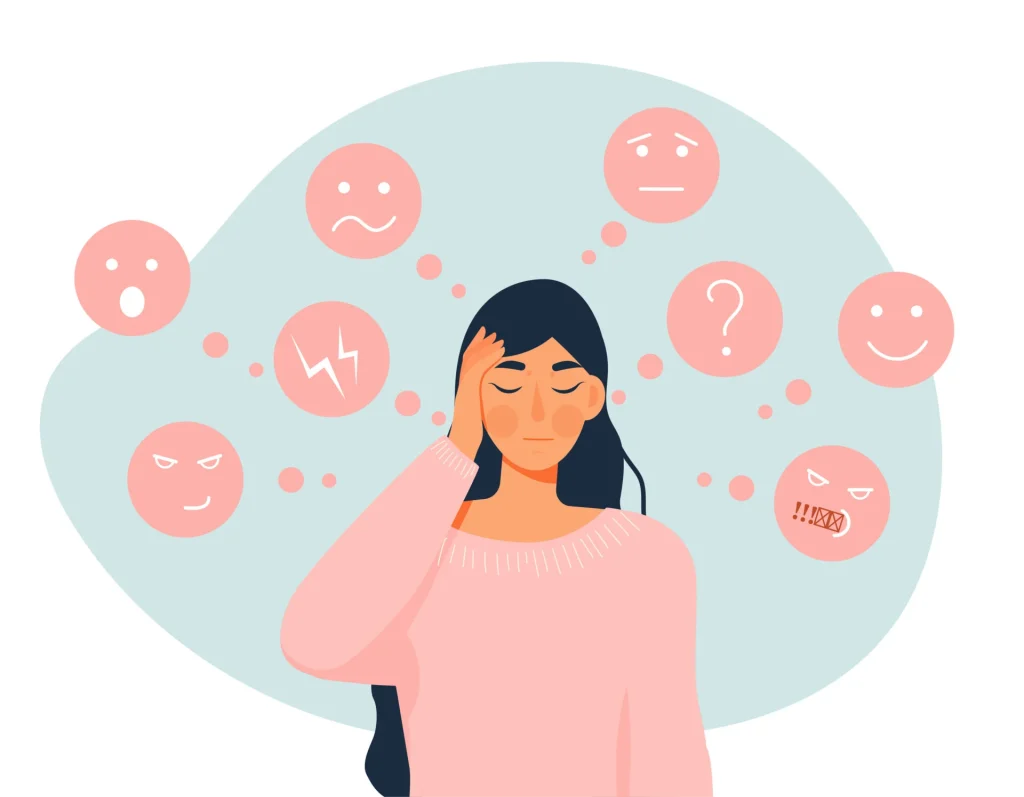In today’s fast-paced and technology-driven world, it seems like we are constantly connected to our digital devices. From smartphones and tablets to laptops and smartwatches, we are always checking emails, social media notifications, and text messages. While technology has undoubtedly made our lives more convenient and efficient, it has also brought along a new set of challenges, including increased stress and anxiety.
Many people are becoming more aware of the negative effects of being constantly plugged in and are turning to digital breaks as a way to disconnect and recharge. But do digital breaks really help with stress? In this article, we will explore the impact of technology on stress levels and the benefits of taking regular breaks from our digital devices.
The Impact of Technology on Stress
In recent years, numerous studies have shown a correlation between technology use and stress levels. The constant stream of information and notifications can be overwhelming and lead to feelings of anxiety and burnout. The pressure to always be available and responsive can also take a toll on our mental well-being.
One study published in the journal Computers in Human Behavior found that frequent internet and social media use was associated with higher levels of stress, anxiety, and depression. Another study from the University of Gothenburg in Sweden found that excessive smartphone use was linked to symptoms of stress and sleep disturbances.
Furthermore, the blue light emitted from screens can disrupt our circadian rhythms and interfere with our sleep patterns, which can contribute to feelings of stress and fatigue. In the long term, chronic stress can lead to a variety of health problems, including high blood pressure, weakened immune system, and increased risk of heart disease.
Benefits of Taking Digital Breaks
Given the negative impact of technology on stress levels, it is important to take regular breaks from our digital devices. Digital breaks can help us relax, recharge, and refocus our attention on what truly matters. Here are some of the benefits of taking digital breaks:
1. Reduced stress and anxiety: Disconnecting from technology allows our minds to rest and relax, which can help reduce feelings of stress and anxiety. Taking a break from social media, emails, and notifications can create a sense of calm and inner peace.
2. Improved focus and productivity: Constant multitasking and information overload can make it difficult to concentrate and be productive. Taking regular breaks from technology can help improve our focus and attention span, allowing us to work more efficiently and effectively.
3. Better sleep quality: The blue light emitted from screens can disrupt our sleep patterns and interfere with our ability to fall asleep. Taking a digital break before bedtime can improve our sleep quality and help us feel more rested and rejuvenated.
4. Enhanced creativity and mindfulness: Disconnecting from technology can give us the space and time to be more present and mindful. Engaging in activities such as meditation, yoga, or simply enjoying nature can inspire creativity and promote a sense of well-being.
Tips for Taking Digital Breaks
If you are looking to reduce stress and improve your overall well-being, here are some tips for taking digital breaks:
1. Set boundaries: Establish specific times during the day when you will not use your digital devices, such as during meals, before bedtime, or on weekends. Setting boundaries can help you create a healthy balance between technology use and downtime.
2. Practice mindfulness: Engage in mindfulness practices, such as deep breathing, meditation, or yoga, to help you stay present and focused. Mindfulness can help reduce stress and increase feelings of inner peace and relaxation.
3. Engage in offline activities: Find activities that do not involve screens, such as reading a book, going for a walk, or spending time with loved ones. Engaging in offline activities can help you disconnect from technology and connect with the world around you.
4. Use technology mindfully: Instead of mindlessly scrolling through social media or checking emails constantly, use technology intentionally and purposefully. Limit your screen time, disable notifications, and use apps that promote well-being and mindfulness.
In conclusion, digital breaks can be a valuable tool for reducing stress and improving overall well-being. By disconnecting from our digital devices and taking time to relax and recharge, we can cultivate a healthier relationship with technology and create a more balanced and fulfilling life. So the next time you feel overwhelmed and stressed, consider taking a digital break and see how it can positively impact your mental and emotional health.

